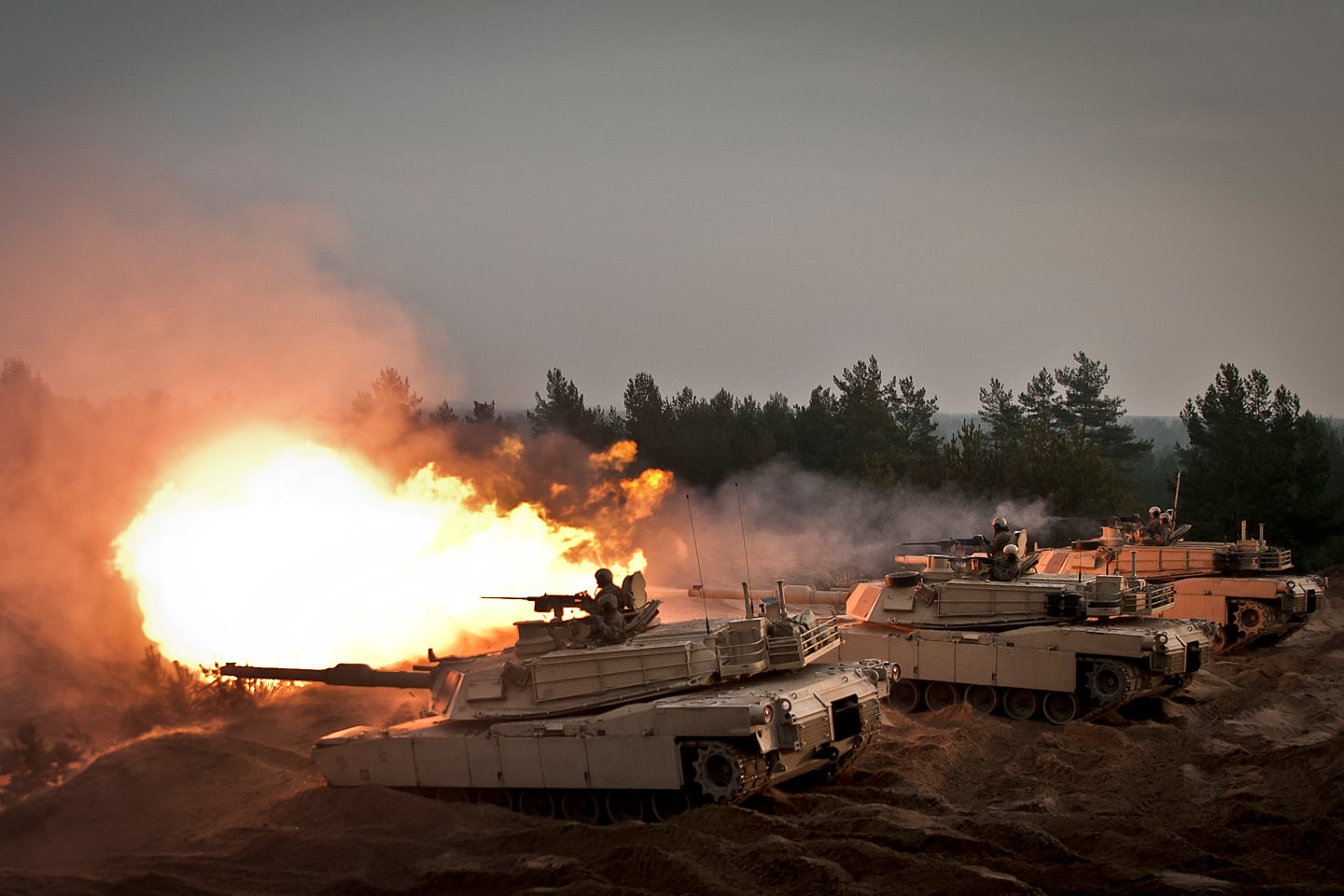The Army is starting to roll out new talent management initiatives, like an assessment for battalion commanders, but the focus on officers is not the final stop, Army Chief of Staff Gen. James McConville said Tuesday.
“Our efforts so far have been focused on leaders, specifically officers, but I want to be very clear that 21st century talent management and taking care of people extends to all of our people,” McConville said during his keynote speech at the Association of the U.S. Army’s annual gathering.
“After we prototype and test these programs with our officers and make sure we have them right, we will expand them to our enlisted soldiers, to our civilians," he added.
McConville also announced that the Army is publishing its very first “Army People Strategy” to address how the service can better take care of its personnel. The initiative is part of what McConville called his “top priority" to focus on the Army’s soldiers, family members, service civilians and retirees.
The new strategy commits the Army to five quality-of-life priorities for that group of people: quality housing; world-class health care; quality childcare and youth services; meaningful employment for spouses; and fixing current permanent change of station moving problems.
“People don’t want to be treated like interchangeable parts in an industrial age process,” McConville said. “They want to be recognized for their unique talents."
“And when our people are treated this way, we know they perform better, stay longer, and they will make our Army stronger,” McConville added. “As we move forward, we will manage our people and their talents more effectively.”
RELATED

Despite the changes in command this summer, Army leaders remain focused on progressing the readiness and modernization strategies laid out under their predecessors.
“We’ve done a great job of restoring tactical readiness over the last several years,” McConville said. “Now, we need division and brigade commanders to stay focused on it. We will resource it, but I need you to build and maintain it. You own it.”
Modernization includes rolling out a next-generation tactical unmanned aerial surveillance system in 2025 and fielding the optionally manned fighting vehicle to replace the Bradley Infantry Fighting Vehicle in 2026, McConville said. “And shortly after that, we’ll begin fielding our future vertical lift aircraft,” he added.
“But no matter how much technology we develop, soldiers will always remain the centerpiece of our Army,” he said. “We equip people, we don’t man equipment, and that philosophy will not change. To ensure we recruit and retain the right people for the Army, we are also implementing a 21st century talent management system."
The Army has lauded the new talent management system in development as a game changer in how assignments are meted out. The current system manages officers and enlisted troops by two variables: “You’re a captain of infantry or a sergeant of engineers,” McConville said.
To compete for talented personnel with the civilian sector, “we have to do better,” he added.
The new talent management system will take into account 25 variables instead of two, such as a soldier’s knowledge, skills, behaviors and preferences.
RELATED

“I know, it’s almost blasphemous to think the Army would actually consider someone’s preferences, but if we know where they want to go and what they want to do, we believe we can get the right person in the right job at the right time,” McConville said.
The implementation of the Integrated Personnel and Pay System, or IPPS-A, has been a critical part of the new talent management system. IPPS-A brings the Army National Guard, Army Reserve and active-duty force onto one personnel and pay system.
“This will prevent us from losing our National Guard and Army Reserve’s soldiers’ records and messing up their pay when they come on active duty,” McConville said.
The talent management system will use data gathered from a comprehensive assessment program that measures knowledge, skills and attributes at key points in soldiers’ careers.
The information will measure cognitive and noncognitive abilities to help do everything from identify soldiers for command slots to graduate schools. This starts with the new Battalion Command Assessment Program this year, which will screen officers through a command board. Then the top qualifiers will compete in-person in a five-day assessment program at Fort Knox, Kentucky, in January.
“We spend more time and more money on selecting a private to be in Ranger regiment than we do selecting what I would argue is one of the most consequential leadership positions in the Army, our battalion commanders,” McConville said.
That assessment program will potentially expand to sergeants major and brigade-level commands in the future, based on what is learned in January, according to McConville.
Kyle Rempfer was an editor and reporter who has covered combat operations, criminal cases, foreign military assistance and training accidents. Before entering journalism, Kyle served in U.S. Air Force Special Tactics and deployed in 2014 to Paktika Province, Afghanistan, and Baghdad, Iraq.










